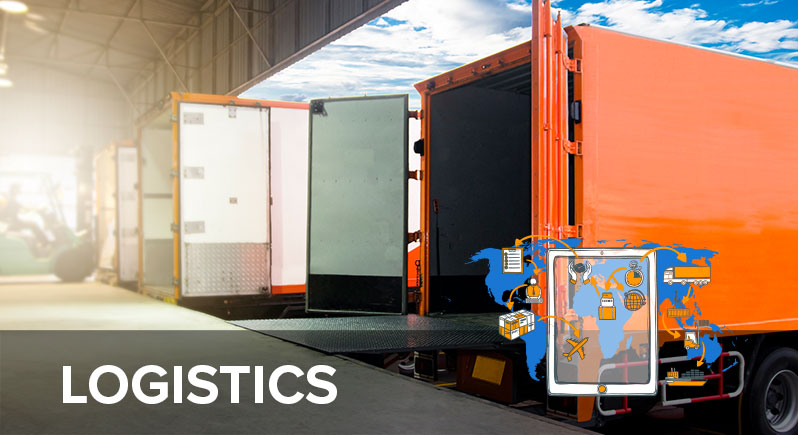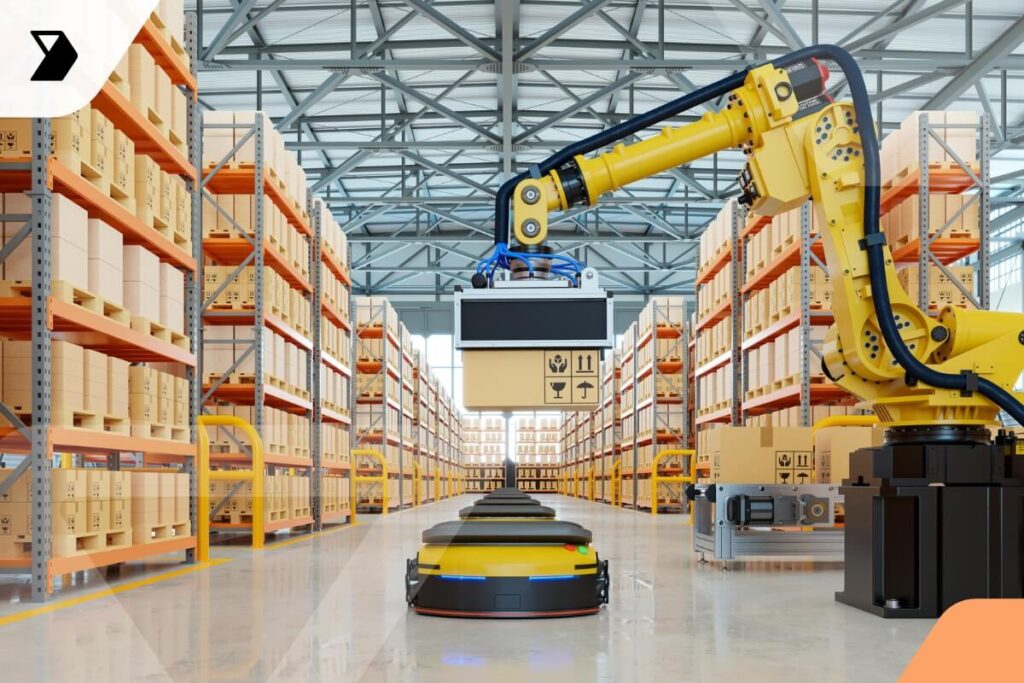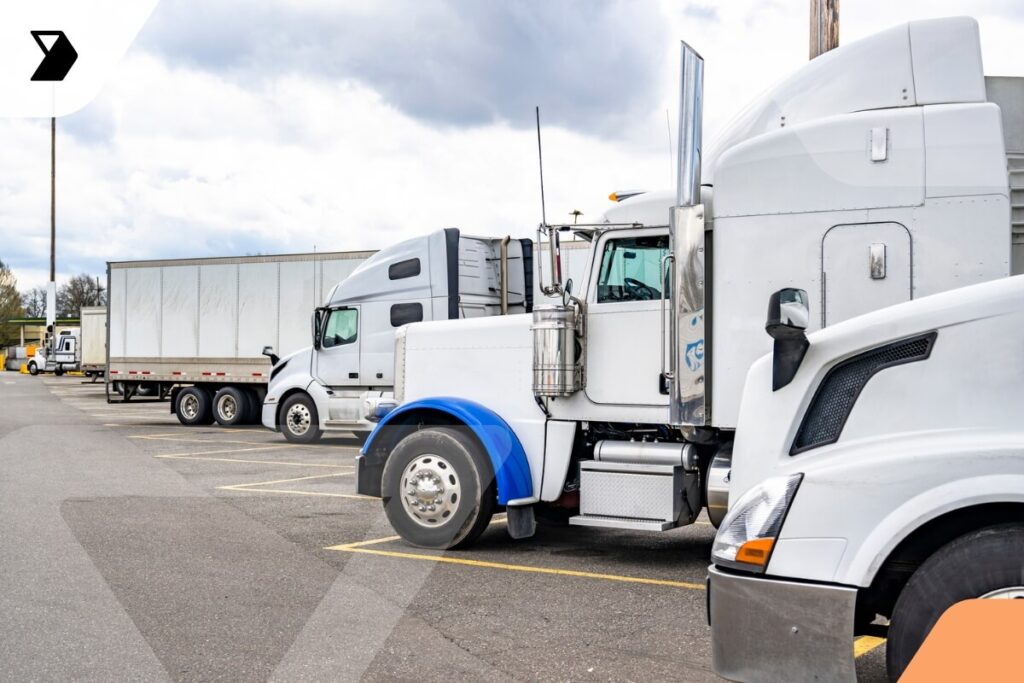What Is Fifth-Party Logistics (5PL)? A Simple Introduction
The modern supply chain and the logistics industry are getting complicated. This is partly due to increasing customer expectations, growth in e-commerce, and new business models that are international from day one.
Ready to transform your supply chain?

Thus, businesses have to do a lot to manage their logistics. Moreover, there is hardly any room for error. Businesses need to ensure great customer service and high efficiency at minimum costs.

These rising complexities have made businesses look to outsource their logistics management. The prominent types of service providers that are currently available for businesses to outsource their logistics to are third-party logistics (3PL) and fourth-party logistics (4PL). However, as supply chains become even more complicated, new levels of logistics management are emerging. The fifth-party logistics (5PL) model is a really new innovation. The unrelenting growth in e-commerce is definitely making it more popular. One report suggests that the share of 5PL providers in the global logistics market will increase considerably in the next few years.
This post will look at what 5PL is, and why you can consider it for your firm.
5PL Defined
A 5PL partner handles all the logistics needs of a company. The line between who is a partner and who is just a service provider is blurry. Whereas a service provider handles specific pre-defined tasks, partners have a lot more responsibility. A 5PL acts as a close strategic partner to its clients and works closely with the client’s in-house teams. Thus, the 5PL firm is responsible for many critical components of the client’s supply chain and manages them on behalf of the client.
Key Responsibilities of a 5PL Partner
A 5PL partner has three key areas of responsibility:
- Understand the logistics requirements: A 5PL partner constantly gathers the logistics requirements across the whole supply chain. These requirements may come directly from the firm and its future targets. However, a 5PL partner also analyzes the current operations and refines these requirements. The aim is to continuously optimize and improve the logistics process.
- Plan the logistics process: Using these requirements and targets, a 5PL partner plans the entire logistics operations. It collaborates closely with the firm to break down the logistic requirements into a detailed roadmap. A 5PL firm will usually have more expertise and experience in managing complicated supply chains than its clients. Thus, it brings this additional value to the table to ensure a robust logistics plan.
- Execute and manage the entire logistics solutions: A 5PL partner then goes further and executes this plan as well. It will source and manage other logistics service providers such as 3PLs, warehouses, truckers, carriers, airlines, etc. A 5PL partner acts as the intermediary between the client and the providers that the client works with. If there are any issues, the 5PL partner is responsible for quickly putting out the fire. It will even set the terms of the contract with these logistics providers and look for the best deals.
5PL Firms Manage Multiple 3PL and 4PL Networks
When businesses are small, it’s possible and even sensible to outsource the logistics to just one to three logistics providers. With fewer providers, it’s easier to collaborate and reduce the chances of misunderstanding. A small business’s sales volume is not high enough to have a good return from working with multiple providers. So, the supply chain is fairly simple and easier to manage.
However, businesses with large operations have complicated logistic demands. The firm might prefer working with a local 3PL in some geographies. For example, a German manufacturer might outsource its logistics operations in Southeast Asia to a Malaysian firm. This will not only ensure cheaper rates but also leverage the provider’s local experience. Businesses with a vast product range may prefer different 4PL providers to manage different types of products. As more and more such layers get added, the supply chain networks become increasingly complicated.
A 5PL firm targets this high level of supply chain network management. It works with and manages multiple 3PL and 4PL services for its clients. It identifies the best options available and has the resources to employ multiple providers for various parts of the supply chain. Thus, a 5PL firm’s clients can afford to have intricate supply chain networks to ensure maximum efficiencies without being bogged down by the network’s complexities.
In fact, a 5PL partner also handles logistics for other 3PL firms that, in turn, handle the logistics for their own clients. This allows the 5PL firm to aggregate a lot of shipping demand from multiple sources. Thus, 5PL firms also strive to offer cheaper rates to their clients by negotiating for bulk orders.
A 5PL Partner Negotiates Shipping Rates on Your Behalf
A key area where 5PL differs from other levels of party logistics is its heavy involvement in managing shipping rates. As your business grows in volume, you may receive more bulk orders. Thus, you can try to negotiate better rates from your carrier partners. However, constantly searching for and negotiating cheaper rates takes a lot of time and hassle. Most big businesses have diversified logistics spread across a variety of providers.
For example, you may have a different provider for different types of goods, multiple warehouses, a few 3PL and 2PL firms, different geographies, etc. All of this means there might be between one and 15 providers at all times that you can negotiate better rates with. Although there are a lot of potential savings in cheaper contracts, most businesses can’t afford to spend time constantly negotiating and renegotiating.
These areas are where the 5PL partner can chip in:
- A 5PL firm will have better access to a vast database of 3PLs, 2PLs, carriers, warehouses, and truckers. This enables it to constantly match its client’s requirements to cheaper rates and lucrative options.
- Apart from better access, 5PL firms also have better incentives to invest more frequently in these negotiations. A 5PL partner can utilize a cheaper deal for multiple clients, thus maximizing its returns for each successful negotiation.
- Finally, by aggregating the requirements of multiple clients and 3PL firms, the 5PL firm can negotiate with more leverage. Compared to an individual firm, it will have huge bulk orders with fewer requirements. By aggregating these orders, the 5PL firm can pass on these better bulk shipping rates to its customers.
As you can see, a 5PL partner will constantly look out for opportunities to negotiate better rates and consequently bring down the supply chain costs for its clients. This will impact the clients’ bottom line and help increase profit margins.
A 5PL Partner Leverages the Latest Technologies
Rising customer expectations such as next day deliveries at no extra charge have forced all businesses to try to minimize transportation costs. They are always looking to optimize their delivery processes and inventory management. To do that, they need to collect and analyze their shipping data. They also need to track and monitor the performance KPIs of their entire supply chain. This data can help them identify the inefficiencies and make key strategic decisions. However, building and managing data analysis solutions requires an entirely new in-house team. The process is also time-consuming and expensive.
A 5PL partner can set up such systems for its clients very quickly. It can customize ready-made templates for tools that fit the client’s requirements. The 5PL firm can create robust information technology systems to trace the deliveries in real time. It can also build dashboards to have a global view of the logistics. Thus, businesses can analyze more data faster to gain key insights. Therefore, a 5PL partner helps businesses leverage technologies to achieve high efficiencies in their supply chain in ways they just can’t do on their own.
Apart from setting up data analysis and performance management tools, a 5PL partner also provides more technology-based services. For example, it may offer an online payment solution that its client can integrate. Some 5PL firms offer call center facilities to ensure a high level of customer service. Other services offered by 5PL firms include peak demand management, reverse logistics for managing returns, and other e-commerce tools.
This post was written by Aditya Khanduri. Aditya currently handles product and growth at Cryptio.co, and he’s also built a couple of B2B products. He’s proficient in data analysis with Python and has worked with multiple startups in the blockchain and artificial intelligence sector.
Continue reading
Ready to transform your supply chain?
Increase efficiency and productivity. Say goodbye to delays, handwriting errors, and time-intensive manual data entry.



